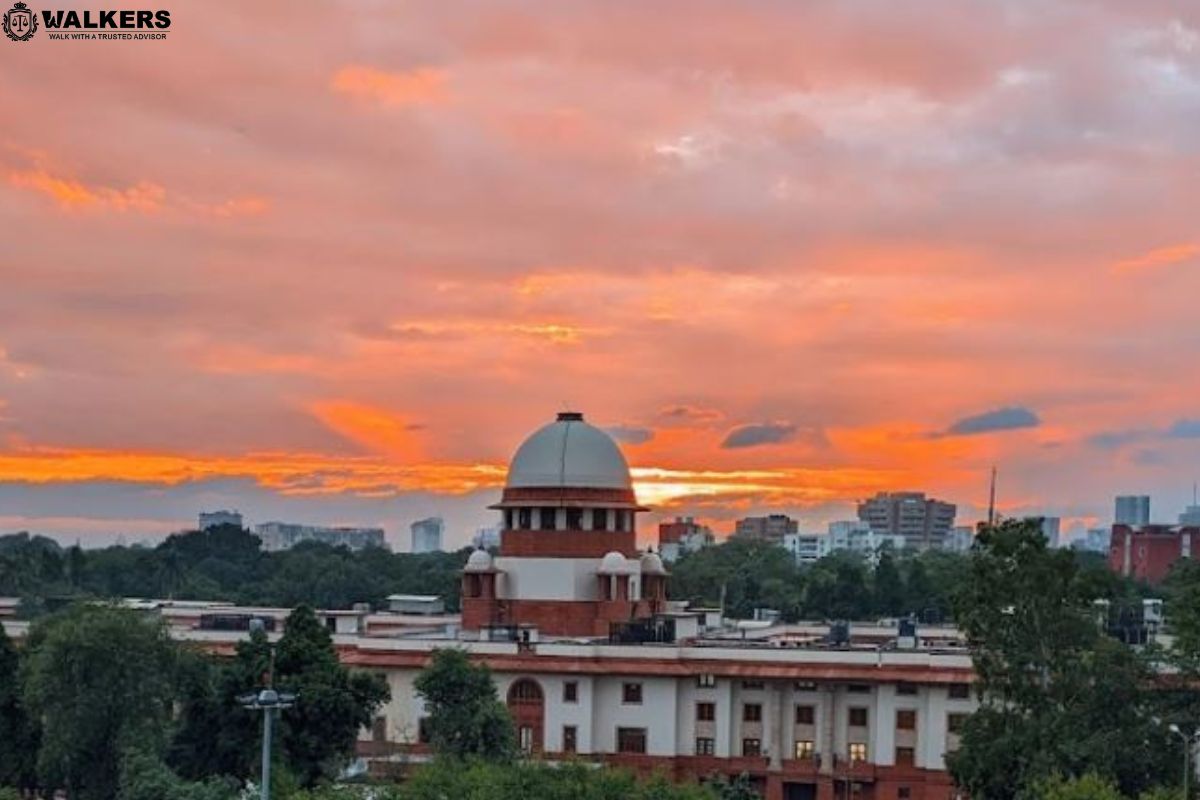


**Supreme Court Acquits Three Death Row Convicts in 10-Year-Old Murder Case, Calls for Police Investigation Reform**
In a landmark decision, the Supreme Court acquitted three individuals who had been sentenced to death and life imprisonment in connection with a decade-old case involving the abduction and murder of a 15-year-old boy (Rajesh and another vs State of Madhya Pradesh). The bench, comprising Justices BR Gavai, JB Pardiwala, and PV Sanjay Kumar, expressed grave concerns about the subpar police investigation and prosecution standards in the case. They called for the implementation of a comprehensive police code of investigation to guide scientific inquiries.
The High Court of Madhya Pradesh had upheld the convictions and sentences of the three accused in 2017, following their conviction in 2016 at the trial court. However, upon appeal, the Supreme Court highlighted that the entire case was built on circumstantial evidence due to the absence of any eyewitnesses to the kidnapping and murder.
The apex court further pointed out significant "cavernous gaps" and discrepancies in the evidence and the alleged sequence of events. The judges criticized instances where the police appeared overly eager to apprehend suspects, often neglecting due procedures. This approach, they noted, resulted in critical gaps and weak links in the evidentiary chain, as was evident in this investigation.
The Supreme Court raised concerns about the reliance on a confession obtained while in police custody and noted that the panchnama (a legal document used in India) and seizure memos were not prepared in accordance with the law. Additionally, the failure to investigate the owners of the SIM cards used for alleged ransom calls was labeled a shocking lapse by the Court, highlighting a haphazard probe.
The Court strongly rebuked the police for tailoring their investigation, displaying a lack of regard for proper procedure, and overlooking crucial leads while giving undue importance to others. As a result, the bench concluded that there was no option but to extend the benefit of the doubt to the appellants.
The Supreme Court was perplexed by the lower courts' imposition of the death penalty, considering the glaring weaknesses and loopholes in the prosecution's case. They emphasized that there were no valid and acceptable reasons provided to justify categorizing the case as the "rarest of rare," warranting such severe punishment. Instead, they found that the multitude of shortcomings in the circumstantial evidence necessitated the acquittal of the appellants.
In their judgment, the Court stressed that the degree of proof required to establish guilt beyond reasonable doubt in a case relying on circumstantial evidence had not been met. Consequently, the appeals were allowed, and all three accused were acquitted.
Senior Advocate Sidharth Luthra, along with a team of advocates, represented the accused, namely Raja Yadav, Rajesh Yadav, and Om Prakash Yadav, with Project 39A, a criminal justice program at National Law University Delhi, providing support to Luthra. Advocate Pashupathi Nath Razdan represented the Madhya Pradesh government.
Click Here to: Download/View Related File
TAGS: Supreme Court Acquittal Death Row Convicts Murder Case Police Investigation Reform Circumstantial Evidence Due Procedure Benefit of Doubt Death Penalty Criminal Justice National Law University Delhi.